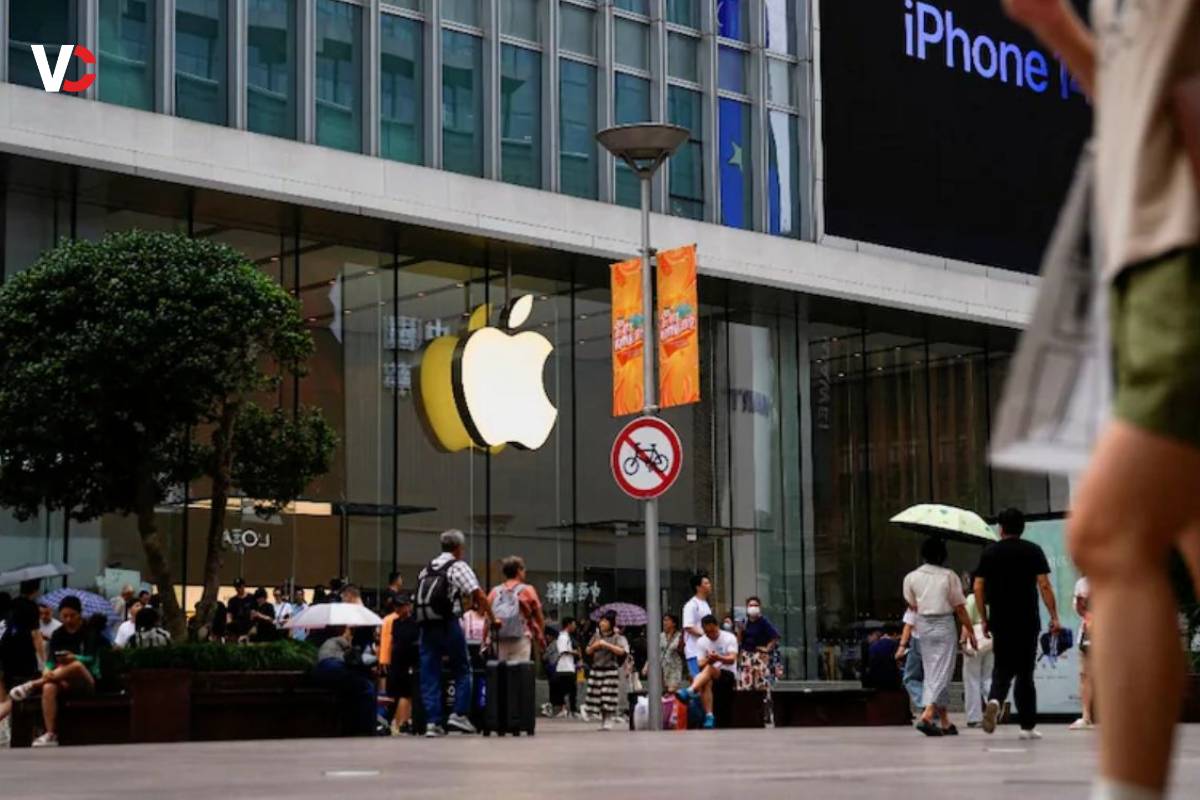Apple has recently removed two popular Meta apps, WhatsApp and Threads, from its App Store in China following a request from the Chinese government. This move, which prevents new installations of these messaging and social apps, was reported by The Wall Street Journal on Thursday night in the US. According to reports, Apple complied with the request issued by the Cyberspace Administration of China, citing national security concerns as the primary reason for the removal.
In a statement to 9to5Mac, Apple acknowledged its obligation to abide by the laws of the countries in which it operates, even when it disagrees with them. The Cyberspace Administration of China specifically cited national security concerns as the basis for ordering the removal of WhatsApp and Threads from the China storefront. Despite their removal from the Chinese App Store, these apps remain available for download in other regions.
Immediate Risks and VPN Usage
One of the immediate risks perceived by Apple for not complying with legal demands in China is the potential shutdown of the App Store in the country. While Meta app services are generally inaccessible in China due to government bans, apps like Threads managed to remain available for almost a year. The fact that these apps were accessible highlights the use of VPN tools by users to bypass restrictions.
Although WhatsApp and Threads are no longer available for new installations in China, existing users may still access them through VPN tools if the apps are already installed on their devices. Apple has a history of accommodating China’s demands by removing software from the App Store, including VPN, news, and social media apps, when legally required.
Implications and Timely Developments
The timing of Apple’s compliance with China’s request coincides with a visit by CEO Tim Cook to the region. This move comes amid ongoing discussions surrounding the potential divestment of TikTok and other concerns related to technology and national security. The ban on WhatsApp and Threads could signal a broader crackdown on similar apps by China in the coming months.
It’s speculated that China may continue to ban unregistered foreign apps leading up to a reported deadline this summer. This development underscores the complex relationship between tech companies, national regulations, and user access to digital services in China, which often involves navigating issues of censorship and government control.
Apple’s decision to remove WhatsApp and Threads from its Chinese App Store reflects the company’s commitment to complying with local regulations while also highlighting the challenges faced by multinational corporations operating in regions with stringent governmental oversight.
Also Read: Unveiling the Benefits and Drawbacks of the Fruit Water Diet











